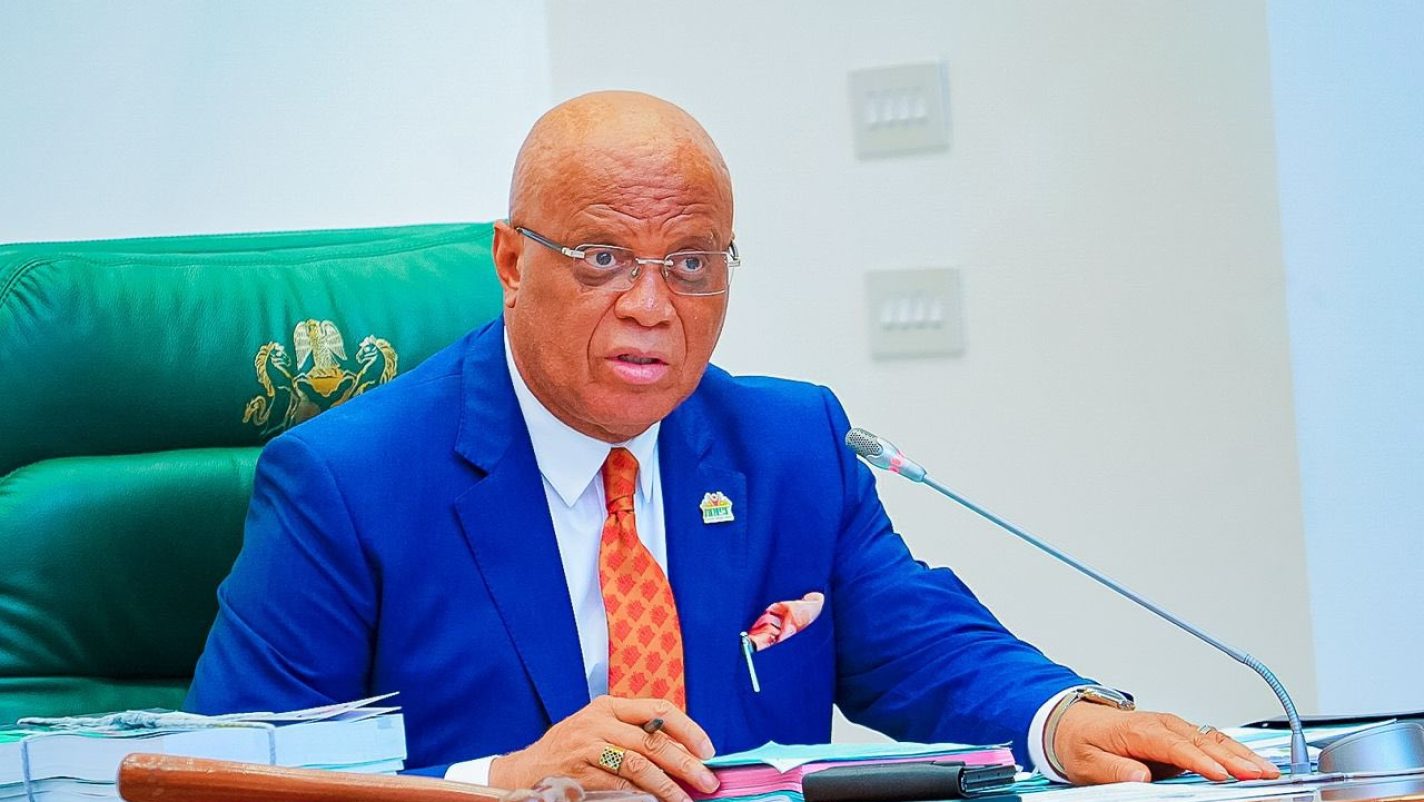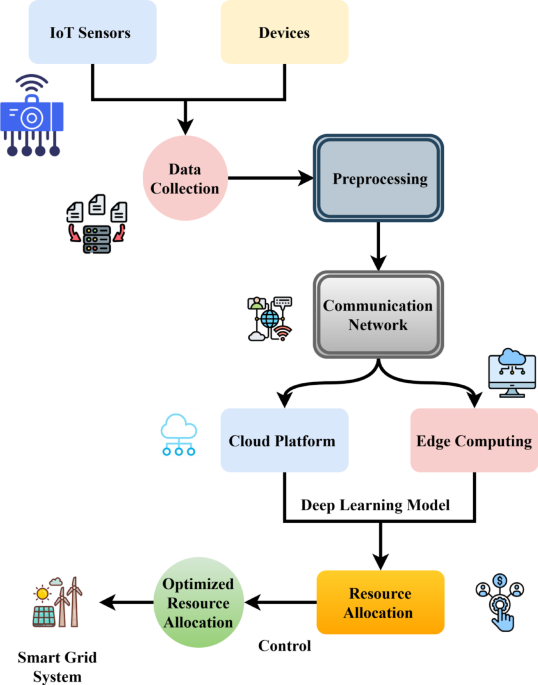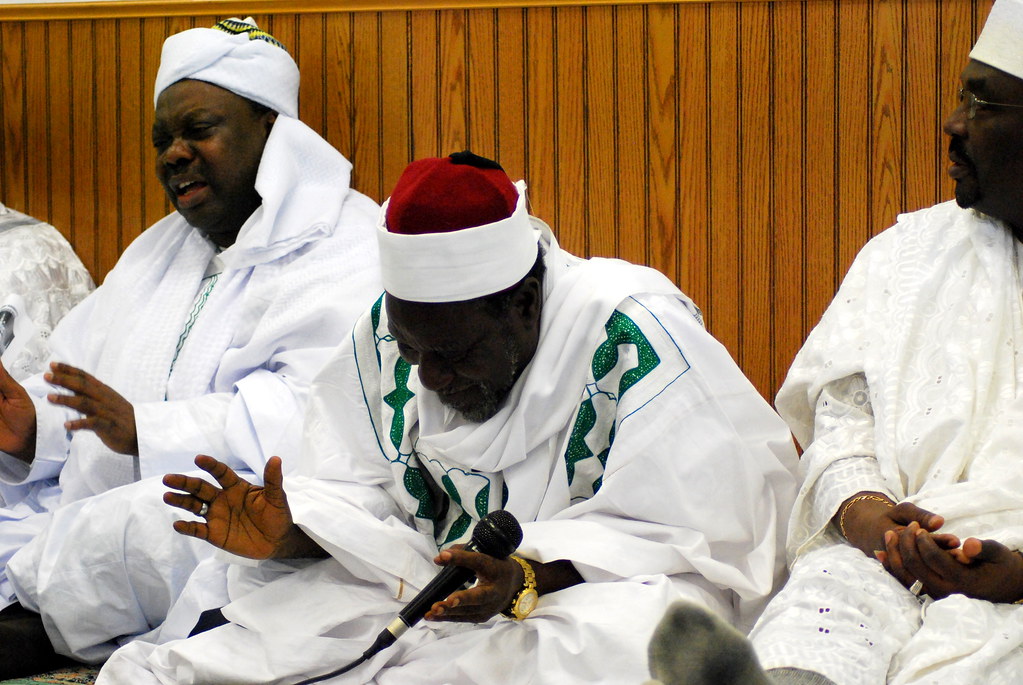Qatar 2025: From energy giant to innovation hub
For decades, Qatar has been known as an energy powerhouse — a country whose wealth was drawn from deep beneath the desert sands. With its vast reserves of natural gas, Qatar established itself as a key player on the global energy stage. Yet, in 2025, the narrative is shifting. This is no longer a nation defined solely by its gas exports; it is now positioning itself as a regional hub for innovation, artificial intelligence, and digital transformation.
This remarkable transition is not coincidental. It is the result of a bold national vision — one that looks beyond hydrocarbons and embraces the knowledge economy of the future. Spearheaded by Qatar National Vision 2030, and propelled by strategic initiatives in education, technology, and research, the country has laid the foundation for a sustainable, post-energy era.
Education City in Doha, once viewed as an ambitious experiment, has become the intellectual engine of this transformation. Hosting branches of top-tier universities like Carnegie Mellon, Georgetown, and HEC Paris, it has cultivated a new generation of scientists, engineers, and entrepreneurs. At the heart of this ecosystem lies the belief that human capital, not fossil fuels, is the most valuable national asset.
By 2025, Qatar’s National Artificial Intelligence Strategy, introduced in 2019, has matured into a national ecosystem. The Qatar Computing Research Institute (QCRI) is developing world-class capabilities in machine learning, natural language processing, and predictive analytics. Hamad Bin Khalifa University’s Center for AI is collaborating with international partners to pioneer ethical and culturally aware AI frameworks.
But the story extends beyond academia. In Lusail City — Qatar’s smart, sustainable urban development — AI-driven systems now manage traffic, energy consumption, and public services. In education, AI platforms personalise learning for students across government schools. In healthcare, machine learning aids early diagnosis and patient management. These innovations are no longer confined to the lab — they are embedded in everyday life.
What makes Qatar’s model distinct is its blend of tradition and modernity. It has embraced innovation without compromising cultural identity. Arabic-language AI applications, Islamic ethics in data governance, and regional startup incubators are helping create technology that speaks the language of its people.
Moreover, Qatar’s leadership in sustainability remains closely tied to its innovation journey. The country is investing heavily in clean tech, carbon capture, and green hydrogen. With institutions like Qatar Foundation and the Ministry of Environment and Climate Change leading the charge, Qatar is aligning its technological leap with global climate goals.
Entrepreneurship is flourishing. Initiatives like Qatar Science & Technology Park and the Qatar Business Incubation Center are supporting local startups focused on fintech, agritech, and healthtech. Government-backed funding and favourable regulations are attracting regional talent and positioning Doha as a magnet for Arab innovators.
International collaboration is also a key pillar. Qatar is hosting regional forums on ethical AI, leading dialogues on smart city governance, and forming digital partnerships with countries in Asia, Europe, and Africa. These efforts are solidifying its status as not only a regional leader but a global convener.
Yet, perhaps the most powerful indicator of progress lies in the mindset of the Qatari youth. They are no longer dreaming of jobs in oil companies — they are founding tech startups, researching AI ethics, and pitching ideas on global stages. Their energy is not extracted from the earth — it is created in classrooms, co-working spaces, and digital labs.
Qatar 2025 is not a break from the past — it is a reinvention. The nation still honours its energy heritage, but it now sees innovation as its future. It is a future built not on what lies beneath the surface, but on what lies within the people.
As the world watches, Qatar is quietly proving that a small country can dream big — and build even bigger.












